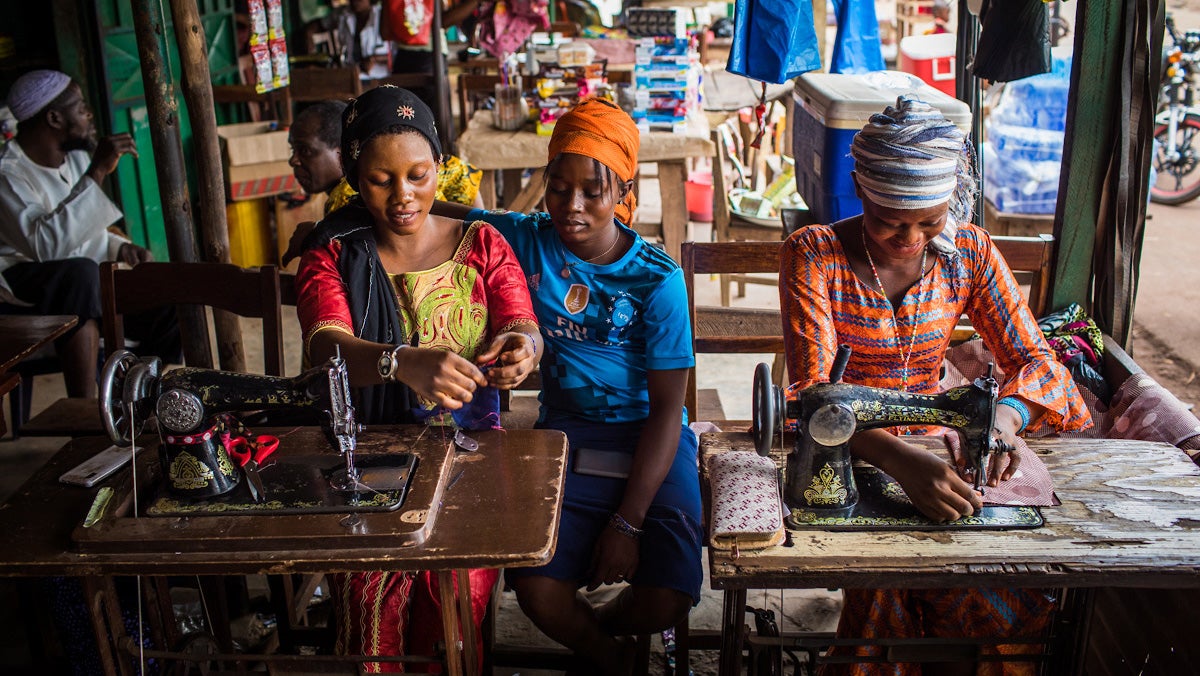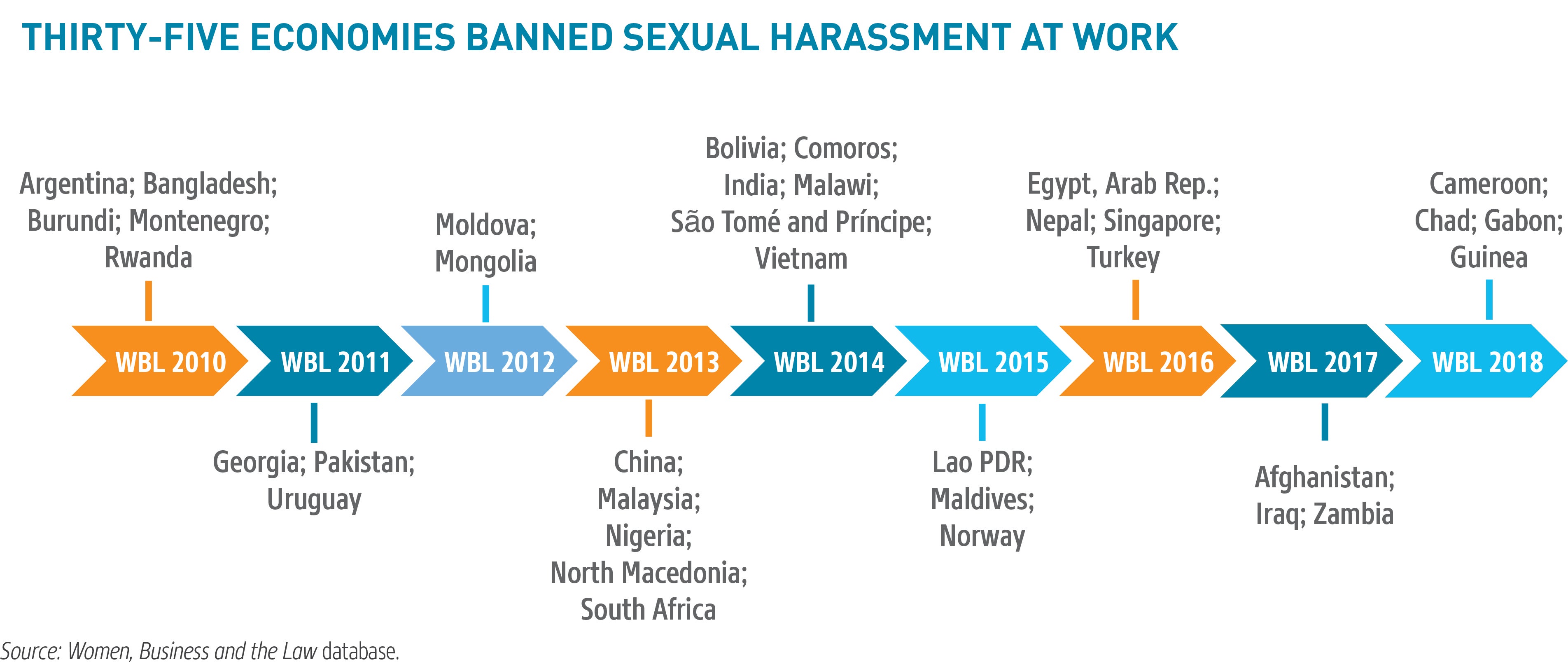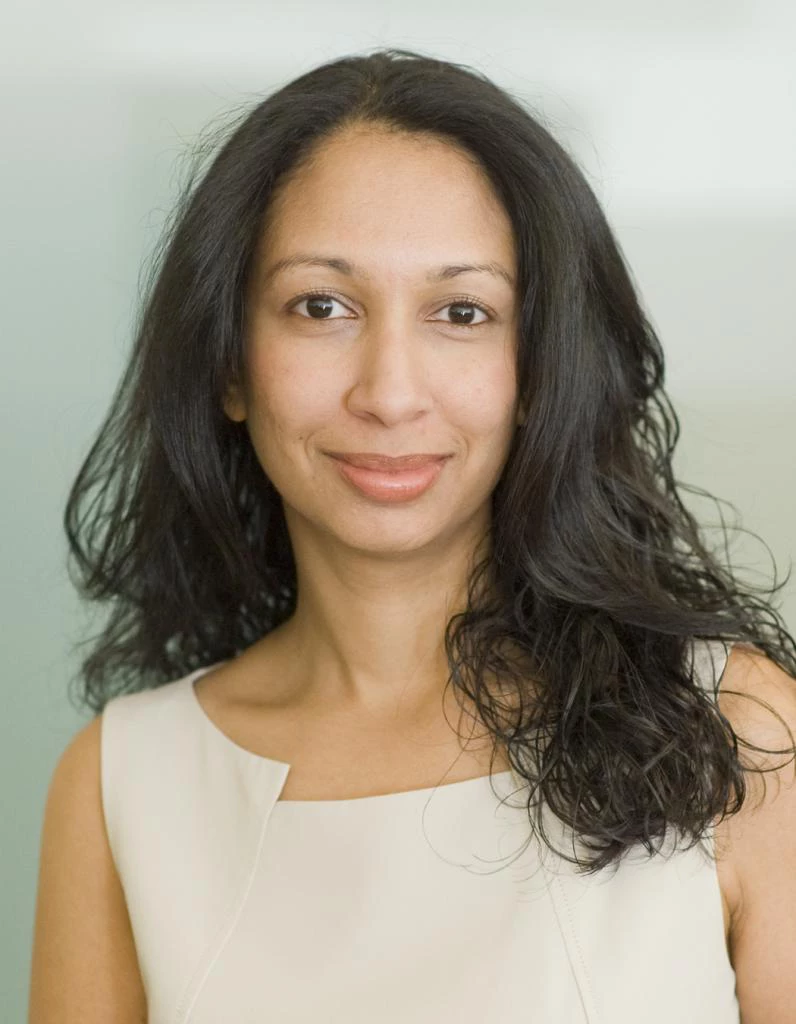
Despite numerous reforms, women continue to face discriminatory laws and regulations in many places and at many points in their working lives. Over 9 days leading up to International Women’s Day, we asked you about some of the obstacles you face in your own countries through the World Bank’s Instagram and Twitter channels – and the response was overwhelming.
The inspiration for this campaign was our recent work Women Business and the Law 2019: A Decade of Reform. The study introduces a new index that scores 187 economies in 8 areas, to understand how women’s employment and entrepreneurship are affected by legal discrimination, and how this impacts women’s participation in the labor market.
More than 9100 liked and 460 commented on Instagram, and over 28,000 voted on quizzes through Twitter. The questions focused on milestones in a woman’s life – going places, starting a job, getting paid, getting married, having children, running a business, managing assets, and getting a pension. The discussion was not specifically focused on laws but it shed light on many of the same issues.
Running a Business: Can women open a bank account, sign contracts and open businesses? got 107 comments, the most on Instagram. It’s also an area where reforms were relatively slow, according to our study – along with Managing Assets, Going Places and Getting a Pension.

In addition to legal constraints, many comments highlighted norms and traditions as additional impediments:
“It is not hard to have a bank account in India. Government of India's initiative like "Jan Dhan Yojna" has played a significant role in Inclusion to financial facilities. Yet opening a business for women is miles away. It will take time to build up social support and financial trust for women.”
“We didn't notice gender based bias in giving credit but no matter how financial independent our women are, generally she has to give that money to her husband or man in the house.”
“It’s one thing to have laws that support and protect women on paper, and another to have those laws fully practiced from the grassroots. Culture plays a huge role in behaviour and in the Ugandan context, especially in the rural areas, men and women do not have equal rights to own property and or inherit assets.”
Going places: Can women travel and move freely to look for a job? was the most ‘liked’ question, at 1125. In fact, our study found that nearly 30% of economies restrict women’s freedom of movement.
“In my country Cameroon, women are not allowed to travel once married. She can do less challenging jobs around because being a wife is already a burden.”
Even when women can move freely, there were setbacks.
“Yes. There is freedom of movement and association. However, some women may not be able to travel for work without the consent of their husbands.”
“Yes women can travel and move freely to look for job. The only issue is that in Nigeria the employers sometimes sexually harrass ladies before they can be granted the job.”
Sexual harassment, in Starting a Job, was one area where we did see progress; 35 economies banned sexual harassment at work over the past decade, in part a reflection of the increasing participation of women in the workforce. At the same time, a number of economies did not provide for criminal penalties or civil remedies for violation of these laws.
“Employer is not allowed to let the gender, sexual preference, marital status, religion, skin colour or any other personal feature effect the choosing of new worker. Sadly employers go around these laws by hiring people for very short periods at a time.”

Some food for thought on Getting a Pension:
“I think the question isn't right for some countries; those poor countries with some tribes who discriminate women on equal education with men. How can they retire if they get no education, they get poor health service and those who get chance to go to school they can’t get equal rights to work like men, just because they get pregnant, give birth to babies and they require maternity leaves to breastfeed their children. Globally we need some changes in equal rights to both men and women.”
Achieving gender equality is not a short-term process, requiring strong political will and a concerted effort by governments, civil society, international organizations among others, but legal and regulatory reforms can play a foundational role as an important first step.
Let’s remember that no economy had a perfect score a decade ago, but now 6 economies do because of the reforms they enacted – Belgium, Denmark, France, Latvia, Luxembourg, and Sweden –and the global average score improved from 70 to 75. So, we are moving forward. More work to be done.
Your comments and insights have inspired us, as we start collecting data for the full report to be released in 2020. Thank you!



Join the Conversation